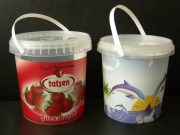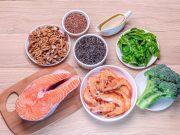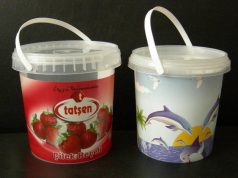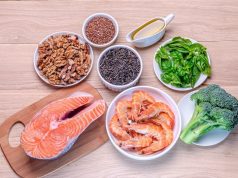As we journey through the various stages of life, maintaining a balanced diet becomes increasingly essential for promoting health and well-being. Aging gracefully is not just about adding years to your life, but also about adding life to your years. This article aims to guide you through the process of creating a balanced diet plan that caters specifically to the nutritional needs of older adults. With empathy and understanding, we acknowledge the unique challenges that come with aging, such as changes in metabolism, taste preferences, and potential health concerns. By offering practical advice and evidence-based strategies, we hope to empower you to make informed dietary choices that support vitality, energy, and overall health. Whether you’re adapting to new dietary requirements or looking to optimize your current eating habits, this guide will provide the insights you need to nourish your body and embrace the joys of healthy aging.
Understanding Nutritional Needs for Every Stage of Aging
As we journey through different phases of life, our bodies require unique nutritional support to maintain optimal health. Understanding these needs can empower you to craft a diet plan that promotes vitality and longevity. Here’s a look at how nutritional priorities shift with age:
Childhood and Adolescence
- Calcium and Vitamin D: Essential for building strong bones during growth spurts.
- Protein: Supports muscle development and overall growth.
- Iron: Critical for cognitive development and energy levels.
Adulthood
- Antioxidants: Help combat oxidative stress and support immune function.
- Healthy Fats: Omega-3 fatty acids are crucial for heart health.
- Fiber: Aids in digestion and helps maintain a healthy weight.
Older Adults
- Calcium and Vitamin D: Continues to be important for bone health to prevent osteoporosis.
- Vitamin B12: Supports brain health and may need supplementation due to decreased absorption.
- Potassium: Helps maintain normal blood pressure levels.
| Nutrient | Benefit |
|---|---|
| Calcium | Supports bone density |
| Omega-3 Fatty Acids | Promotes heart health |
| Vitamin B12 | Enhances cognitive function |
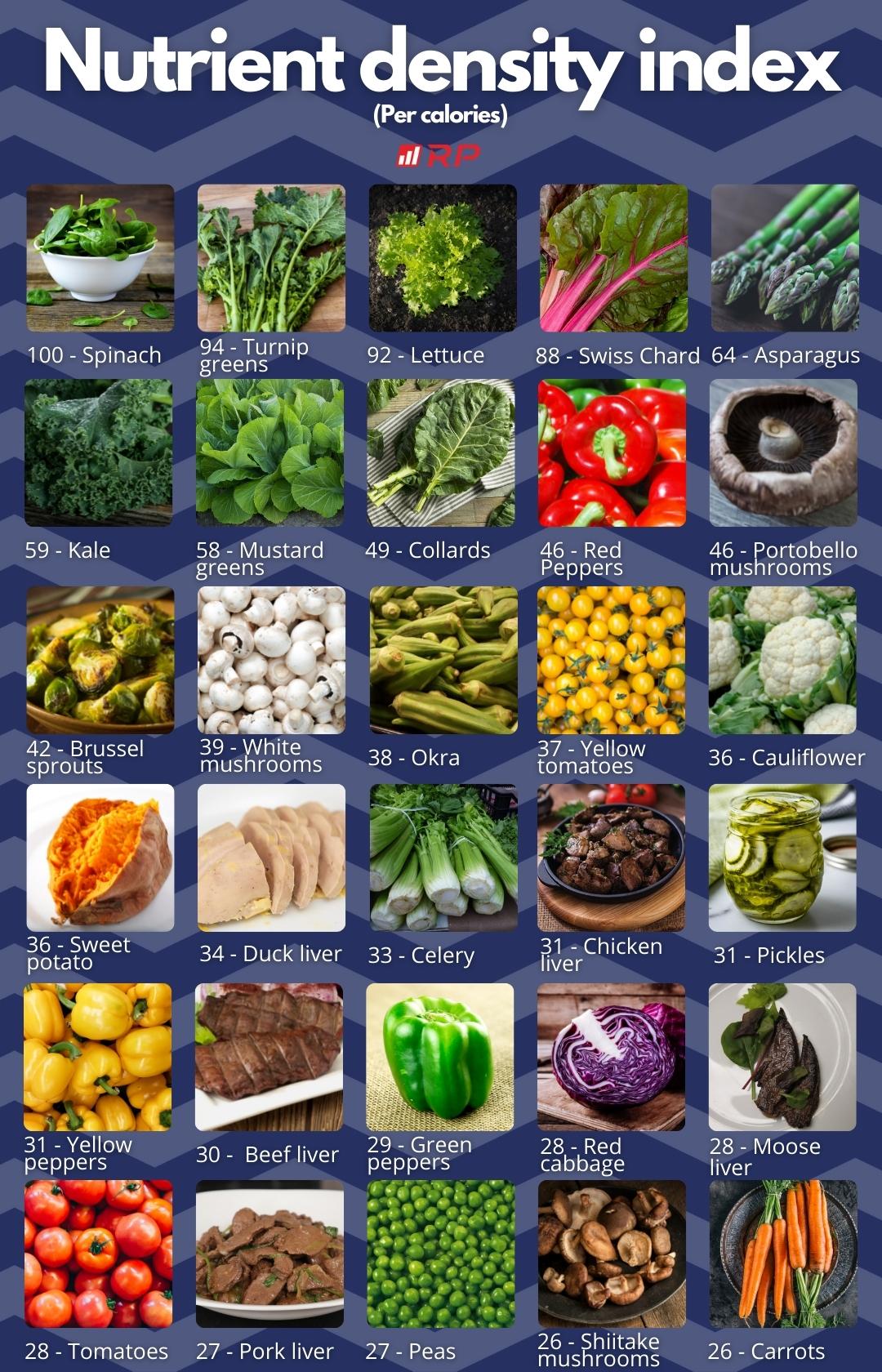
Incorporating Nutrient-Dense Foods into Your Daily Routine
- Leafy Greens: Incorporate a variety of leafy greens such as spinach, kale, and Swiss chard into your meals. These vegetables are packed with vitamins A, C, and K, as well as minerals like iron and calcium. Consider adding them to smoothies, salads, or as a side dish to ensure you’re getting a powerful dose of nutrients.
- Whole Grains: Swap refined grains for whole grains such as quinoa, brown rice, and oats. Whole grains are rich in fiber, which aids digestion and helps maintain a healthy weight. They also provide essential B vitamins that support energy levels and brain health.
- Nuts and Seeds: Almonds, walnuts, chia seeds, and flaxseeds are excellent sources of healthy fats, protein, and antioxidants. These can easily be sprinkled over yogurt, added to smoothies, or eaten as a snack to boost your nutrient intake.
| Nutrient-Dense Food | Key Benefits | Simple Incorporation |
|---|---|---|
| Berries | High in antioxidants, vitamin C | Add to breakfast cereal or yogurt |
| Legumes | Rich in protein, fiber | Include in soups or salads |
| Fatty Fish | Omega-3 fatty acids, vitamin D | Grill or bake for dinner |
Embracing a diet rich in nutrient-dense foods not only supports overall health but also promotes longevity and vitality. By prioritizing these foods, you are actively contributing to a balanced and nourishing diet that benefits both body and mind.

Crafting a Meal Plan That Promotes Longevity and Vitality
To enhance longevity and maintain vitality, it is essential to focus on a balanced diet rich in nutrients that support the body’s aging process. Incorporate a variety of foods that provide essential vitamins, minerals, and antioxidants. A balanced diet plan can be both delicious and nourishing, helping you to age gracefully while feeling energetic.
- Fruits and Vegetables: Aim for a colorful plate. Each color represents different nutrients and antioxidants that fight free radicals and reduce inflammation.
- Whole Grains: Opt for whole grains like quinoa, brown rice, and oats. They are rich in fiber and help maintain stable blood sugar levels.
- Lean Proteins: Include sources like fish, chicken, beans, and tofu. These provide essential amino acids necessary for muscle maintenance.
- Healthy Fats: Incorporate avocados, nuts, seeds, and olive oil. They support brain health and reduce the risk of heart disease.
Consider the following table for a quick reference on daily food servings that promote healthy aging:
| Food Group | Daily Servings |
|---|---|
| Fruits | 2-4 servings |
| Vegetables | 3-5 servings |
| Whole Grains | 4-6 servings |
| Lean Proteins | 2-3 servings |
| Healthy Fats | 2-3 servings |
By prioritizing these elements in your daily meals, you can support your body’s natural functions and maintain a vibrant lifestyle. Remember, consistency is key, and small changes can lead to significant improvements over time.

Practical Tips for Sustaining a Balanced Diet with Ease
Maintaining a balanced diet can seem daunting, but with a few strategic tweaks, it can become second nature. Here are some practical tips to help you sustain a healthy diet effortlessly:
- Plan Your Meals: Dedicate a day each week to plan your meals. This not only saves time but also helps in ensuring a diverse intake of nutrients. Consider including a variety of colorful fruits and vegetables, lean proteins, and whole grains.
- Mindful Portions: Keep an eye on portion sizes. You can use smaller plates to help control the quantity of food, ensuring you’re not overeating. Listening to your body’s hunger cues is essential.
- Stay Hydrated: Water is vital for all bodily functions. Aim to drink at least 8 glasses a day. If plain water feels boring, try infusing it with slices of citrus or cucumber for a refreshing twist.
| Meal | Balanced Option | Benefits |
|---|---|---|
| Breakfast | Oatmeal with berries and nuts | Rich in fiber and antioxidants |
| Lunch | Grilled chicken salad with quinoa | High in protein and essential amino acids |
| Dinner | Baked salmon with steamed vegetables | Omega-3 fatty acids for heart health |
Incorporating these tips into your daily routine can simplify the process of maintaining a balanced diet. Remember, consistency is key, and small changes can lead to significant health benefits over time.


















